Gastric Bypass Weight Loss Surgery
Laparoscopic bariatric weight loss surgery benefits those with severe obesity, especially when proper nutrition and exercise alone don't yield results. The decision to undergo this type of procedure, also known as laparoscopic gastric bypass, is a weighty one. You need to commit to a drastic lifestyle change in its aftermath, but if you are determined to lose weight, you will reap its benefits. To shcedule an appointment/consultation click below.
What is Laparoscopic
Bariatric Weight Loss Surgery?
This type of procedure is highly advanced and less invasive than any other form of weight loss surgery. You are put under general anesthesia so that you can stay asleep and pain free for the duration of the procedure. First, the surgeon makes 4-6 small incisions in your stomach through which he will have access to your abdominal organs. A tiny camera is placed into one of the incisions so that the surgeon can view the inside of your stomach on a large monitor - Dr. Otah will then use minuscule instruments to divide your upper and lower abdomen. The upper abdominal region will serve as the food pouch which is connected to your small intestine through a bypass method.
Though you need not make any special adjustments until a week before your surgery, an adjustment to your new lifestyle is recommended. One week before the procedure, you cannot take any drugs that prevent blood clots, such as Advil. You must also fast for a day prior to the procedure. The surgery typically lasts 2-4 hours, and a 3-5-day hospital stay is necessary for initial recovery. You will be able to resume fairly normal activity within 3-6 weeks after going home.
Who Needs Laparoscopic
Bariatric Weight Loss Surgery?
The ideal patient for this type of procedure is obese and cannot lose weight any other way. If your Body Mass Index (BMI) exceeds 40 percent, you may qualify for the procedure based on that factor alone. Underlying issues that can be treated by weight loss combined with a BMI of 35 percent or higher will also qualify you as a candidate. If you suffer from any of the following conditions linked to obesity, laparoscopic bariatric surgery may be ideal for you:
High blood pressure (Hypertension)
Hi cholesterol
Sleep Apnea
Heart Disease
Type 2 diabetes
Considering Weight Loss Surgery
Any surgical procedure is risky, so before you choose this weight loss method, you will discuss all that it entails with several health professionals. Consulting your primary doctor, a nutritionist and then a bariatric surgeon of your choice is imperative.
After your procedure, you will need to commit to a significant change in terms of your lifestyle and diet. Laparoscopic bariatric weight loss surgery forces you to eat much less than you normally would, thus controlling your overall caloric intake. If you overeat, you risk vomiting or experiencing other abdominal complications. Also, working with a dietitian to determine which foods are optimal for Gastric Bypass patients is necessary; some foods may irritate your newly reconstructed digestive system.
Benefits of laparoscopic
bariatric weight loss surgery
Laparoscopic surgery is a technologically-advanced procedure. It is the more innovative, less invasive counterpart of the open Gastric Bypass, which involves the opening of a patient's abdomen. The following are a list of advantages when choosing laparoscopic over open Gastric Bypass surgery:
laparoscopic surgery does not require the use of stomach staples.
Your abdomen is displayed on a digital monitor through an internal camera, thus allowing the surgeon better visual access.
The smaller incisions allow for a lesser risk of infection.
The recovery time is much shorter.
The surgery itself is shorter than an open Gastric Bypass.
Ultimately, if you are ready to adjust to a much healthier lifestyle, this type of surgery is for you. Contact (our clinic) for further information and begin your lifelong weight loss journey today.

